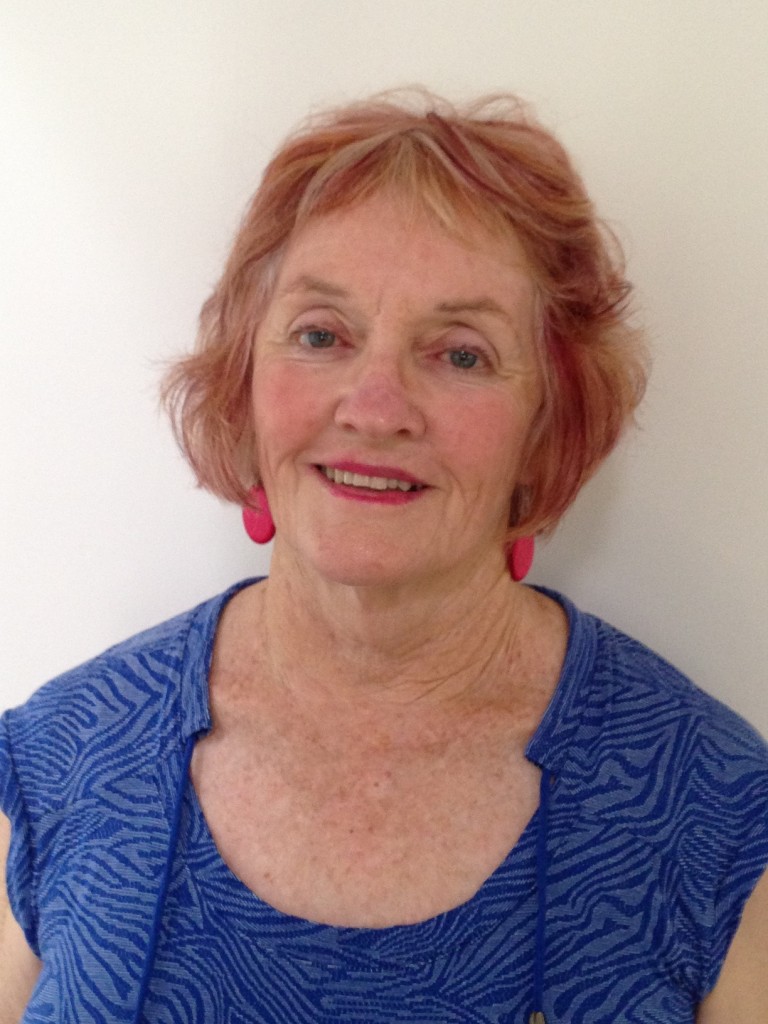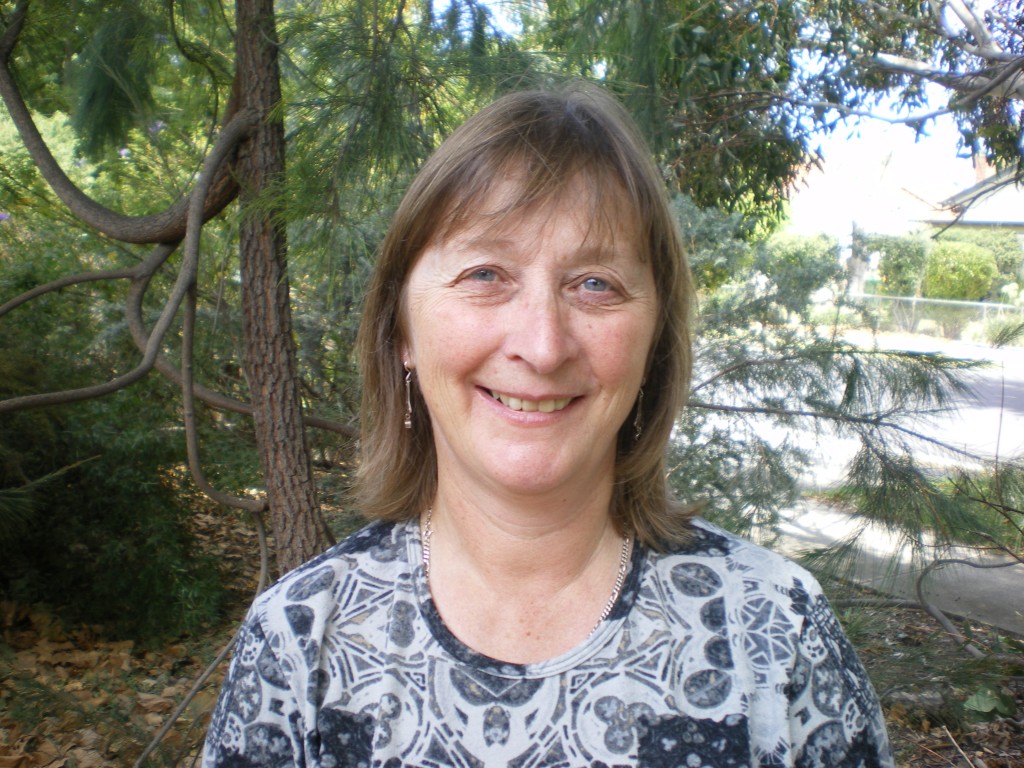Taking Children seriously in addressing global challenges
Title: Positioning young children as active participants in sustainability: The contribution of research to early childhood education for sustainability
Time: Monday 29 June, 16:00 - 17:30
Place: Hovrätten, Room T219
In an era of increasing global environmental/sustainability concerns, it is essential to challenge old ways of being, based in individualism, towards collective ways of living sustainable futures. The research group, Transnational Dialogues in Research in Early Childhood Education for Sustainability (TND ECEfS), instigated in 2010, comprises some twenty participants from Europe, Scandinavia, the Asia-Pacific, North America and Australasia. This group recently documented their research and theorising about early childhood education for sustainability (ECEfS) in a publication entitled Research in Early Childhood Education for Sustainability: International perspectives and provocations (Davis & Elliott, 2014). Young children as active participants in sustainability have been explicitly identified by the research group as core to ECEfS.
This international dialogic led to eighteen academic chapters in this world-first research text on ECEfS. The analysis of commonalties and contrasts forms the basis of this symposium. Clusters around three key themes were revealed: 1. A small, but significant cluster identified core values and ethics as offering opportunities for deep reflection on ECEfS; 2. A cluster reflecting the impacts of diverse historical and sociocultural contexts; and, 3. The largest cluster, offering broad coverage of curriculum and pedagogy issues, building on the historical practitioner base of ECEfS. In moving beyond the dominance of this latter research orientation, we challenge researchers and practitioners alike to engage in deep reflection about the ethics and values of sustainability and explore the historical and sociocultural contexts in which our ways of being are constructed. We believe, as early childhood educators, we have an ethical responsibility to address the urgency for transformative change necessary for sustainable living; as researchers, we have responsibilities to investigate, through diverse theoretical lenses, the why’s and how’s of ECEfS.
This symposium will commence with an overview of the three clusters of research identified within the text and then offers individual presentations by international members of the TND to elaborate on their research perspectives and findings.
Assoc. Prof. Julie Davis (Australia)
 Julie is Associate Professor in the School of Early Childhood, Queensland University of Technology and has been teaching, advocating for, and researching in this field for over 20 years. She edited the first textbook on this subject, Young Children and the Environment: Early Learning for Sustainability (Cambridge University Press, 2010).
Julie is Associate Professor in the School of Early Childhood, Queensland University of Technology and has been teaching, advocating for, and researching in this field for over 20 years. She edited the first textbook on this subject, Young Children and the Environment: Early Learning for Sustainability (Cambridge University Press, 2010).
Dr Sue Elliott (Australia)
 Sue is a Senior Lecturer in the School of Education at the University of New England, Armidale, NSW. She has been engaged in early childhood education for sustainability advocacy and practice over two decades. Sue is an acknowledged author and has ongoing involvement in education for sustainability research and consultancy.
Sue is a Senior Lecturer in the School of Education at the University of New England, Armidale, NSW. She has been engaged in early childhood education for sustainability advocacy and practice over two decades. Sue is an acknowledged author and has ongoing involvement in education for sustainability research and consultancy.
Dr Eva Arlemalm-Hagser (Sweden)
 Eva Ärlemalm-Hagsér, PhD, has a background as a preschool teacher. She is a senior lecturer within teacher education at Mälardalen University. Her main interests are early childhood education with a child oriented approach, focusing on the lived curriculum. In the last years, her research focus is on outdoor play and learning and education for sustainability.
Eva Ärlemalm-Hagsér, PhD, has a background as a preschool teacher. She is a senior lecturer within teacher education at Mälardalen University. Her main interests are early childhood education with a child oriented approach, focusing on the lived curriculum. In the last years, her research focus is on outdoor play and learning and education for sustainability.
Dr. Lyndal O’Gorman (Australia)
Dr. Lyndal O’Gorman is Senior Lecturer and researcher in the Arts and Education for Sustainability in the QUT School of Early Childhood. Lyndal is a committee member of the Queensland Early Childhood Sustainability Network. Her research interests include Early childhood education for sustainability; Early childhood arts education; Preservice teacher education; and Interdisciplinary approaches to EfS in teacher education
Dr. Ingrid Engdahl (Sweden)
Dr. Ingrid Engdahl is deputy head of the Department of Child and Youth Studies at Stockholm University, Sweden. Her main interests are early childhood education with a child oriented approach, focusing on infants and toddlers, and education for sustainability. She serves as the national president of OMEP Sweden (Organisation Mondiale pour l'Éducation Préscolaire).
Dr. Barbara Sageidet (Norway)
Dr. Barbara Sageidet is associate professor at the Department of Early Childhood Education, University of Stavanger, Norway. Her research focus is on sustainability, science education, and inquiry learning in the kindergarten. Her PhD is related to ecology, soil sciences and paleoecology.
Okjong Ji (Korea)
Okjong Ji is a professor in ECE of KNUT. She has tried an application of the project approach for ECEfS. For this, she is supervising 8 institutions. ‘The park project’ by the institutions received an award from the Korean National Commission for UNESCO as an excellent case of ESD in 2012.
Michiko Inoue (Japan)
Michiko Inoue is Professor in the School of Early Childhood, Faculty of Education, Osaka Ohtani University (Osaka, Japan). Her research interest is focused on early childhood environmental education and education for sustainability. She has Master of Science (biology) and PhD (Environmental education).
Glynne Mackey (New Zealand)
Glynne Mackey is a senior lecturer in early childhood programs at the University of Canterbury, Christchurch, New Zealand. Her research and teaching focuses on sustainability across a range of contexts to include natural environments, ecojustice, social justice, young children’s agency, democratic processes and building peaceful relationships.
